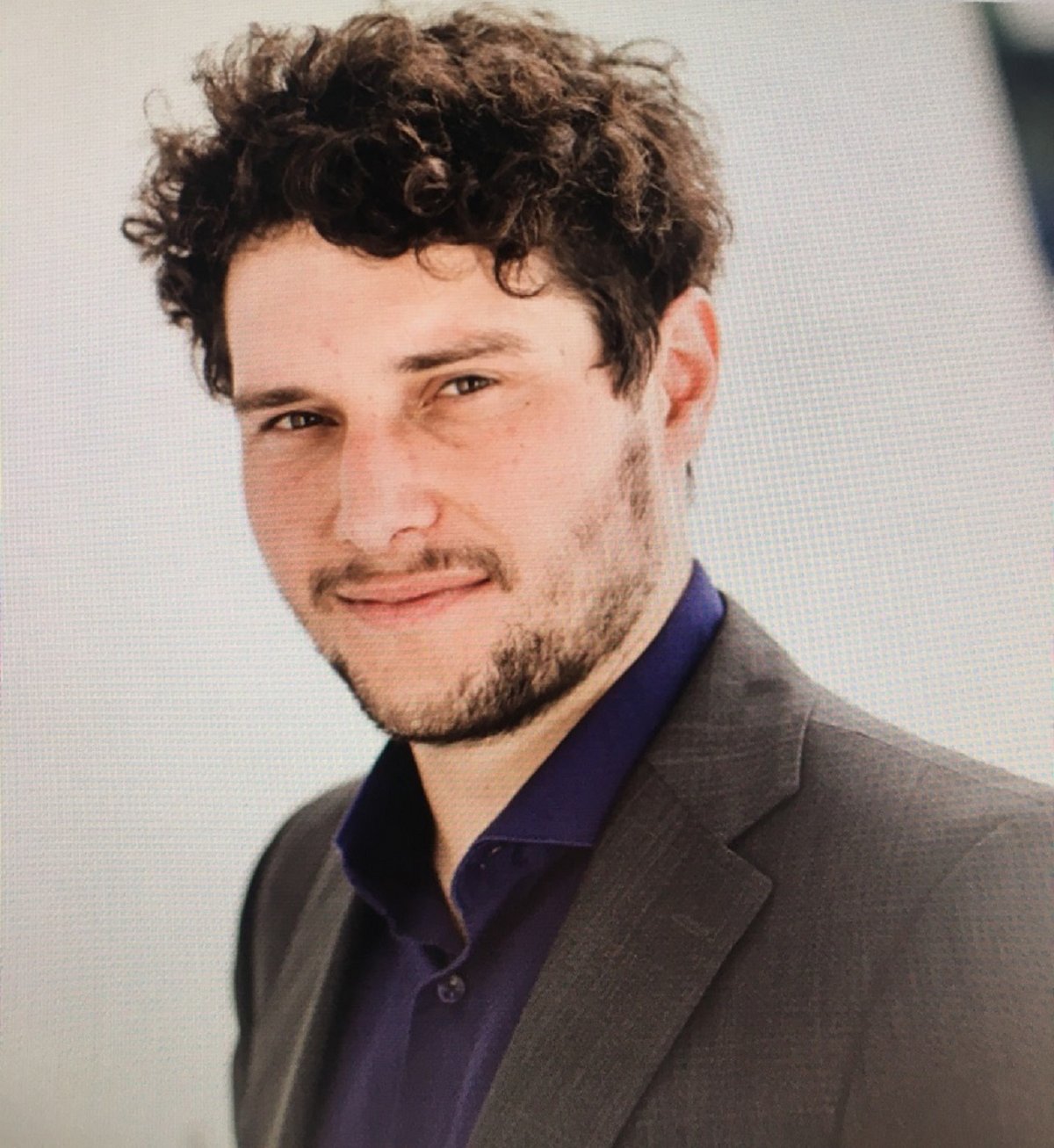Interview with BTU Alumnus Simon Göß (Environmental and Resource Management)
Simon Göß studied Environmental and Resource Management at BTU and Sustainable Energy Technology at TU Delft. He has worked at SCUT/TU Delft Research Centre on Urban Systems & Environment as a research assistant and at Energy Brainpool as an energy market expert. Currently, he is an independent consultant and trainer on topics related to sustainability, energy policy and markets, and climate protection. Simon is co-founder of cr.hub, a climate network and startup in the field of carbon markets, negative emissions and net zero climate strategies. For the course "klimafit - Klimawandel vor der Haustür! What can I do?" starting March 17, 2022 at the Adult Education Center, he is the course instructor.
Hello Simon, how did you come across ERM and studying in Cottbus, and how did it prepare you for your future path?
After graduating from high school in Bavaria, it was clear to me that I wanted to see a bit more of Germany and the world. The international bachelor's program in ERM was a very good opportunity to combine both, i.e. to move to a new city within Germany, to study with international students and to spend a semester abroad integrated into the program. The wide range of topics at ERM gave me a good overview of environmental protection and economic contexts. During my studies in Cottbus, I then specialized in energy topics in the last semesters, taking some courses from the ERM and Power Engineering master's programs. My international experience through my studies at BTU certainly helped me to complete a master's degree at the highly recognized TU Delft in the Netherlands. There I further deepened my technical know-how with the Sustainable Energy Technology engineering degree.
You are co-founder of carboneer, what is your task there and how did it come to be founded?
For more than four years, i.e. still during my time as an employee, it was clear to me that I would like to start my own business. The timing was right in the middle of 2021, and together with a few colleagues we first founded the cr.hub as a network for climate protection on the topic of carbon removal. Currently, we are in the process of transforming the network into a climate startup with a thematic focus on carbon markets, negative emissions and net zero climate strategies for businesses. Our expertise covers mandatory CO2 markets, such as the European Emissions Trading Scheme and German national emissions trading. We are also one of the first companies in Germany to focus on the very new topics of carbon removal and negative emissions. Solutions for removing greenhouse gases from the atmosphere need to be scaled up significantly in order to achieve the climate targets agreed in the Paris Agreement but also the German climate targets. At the same time, companies can use negative emission certificates from high-value projects to achieve their climate goals and become climate neutral without greenwashing. In our company, I am responsible for strategic development, contact with companies and the negative emissions sector, which is developing very dynamically.
You will be teaching a course at the Cottbus Adult Education Center starting March 17, 2022 on the topic "klimafit - Klimawandel vor der Haustür! What can I do?". What kind of course is that and who is it suitable for?
If you want to do something about the climate crisis, you have to understand it. Because the climate is changing, even directly in Germany. Participants in the course "klimafit - Klimawandel vor der Haustür! What can I do?" learn everything that they and the municipalities can actively do and get to know fellow campaigners, experts and representatives from the municipality and the region. The course takes place on six evenings, four of them in Cottbus and two of them online. klimafit is funded by the BMUV as part of the National Climate Protection Initiative based on a resolution of the German Bundestag. After successful participation, participants receive a certificate issued by the Helmholtz Research Network Regional Climate Change and Humans (REKLIM), WWF Germany and the University of Hamburg. The course is suitable for anyone who wants to learn more about climate change mitigation and adaptation. Prior knowledge is not necessary and the course is primarily aimed at interested lay people, but of course people working in the fields of environment, climate or energy can also participate. An exchange with the municipality, regional initiatives and representatives from the scientific community will also take place.
You have work experience in science as well as in the private sector and as a self-employed person and founder. What would you recommend to students to prepare for the respective areas with the different requirements?
During your studies, take advantage of opportunities to get in touch with different initiatives. Use your time for projects or activities besides your studies. This not only helps you to gain practical experience, but also to make new contacts. For me, the path via a job in the private sector was very good, as I was able to gather a lot of expert knowledge about the electricity and energy system, as well as the emissions markets. With this know-how, it was then also easier to take the step into self-employment and now also into founding a company.
Kontakt
Stabsstelle Friend- and Fundraising; Alumni
T +49 (0) 355 69-2420
daniel.ebert(at)b-tu.de

